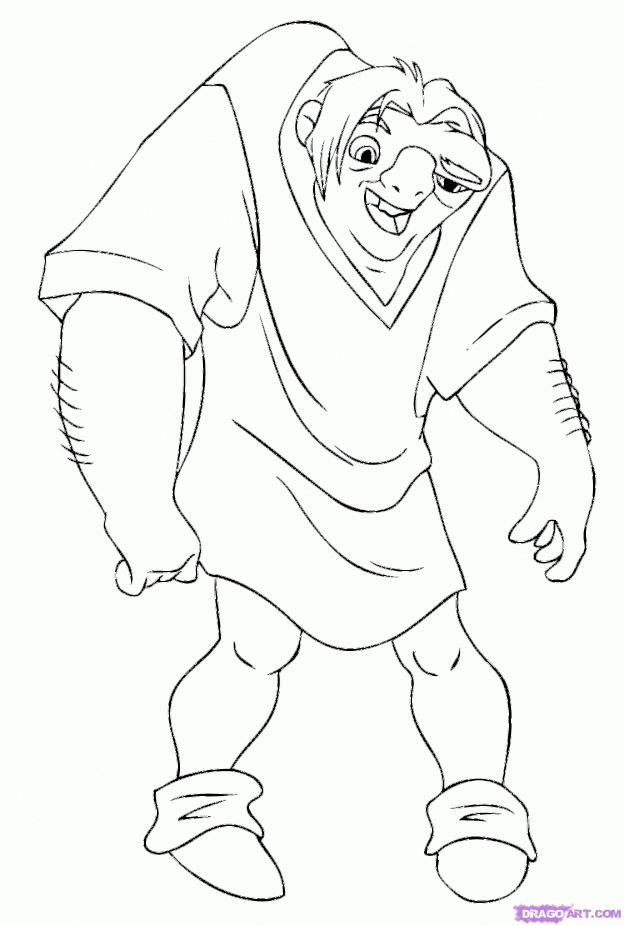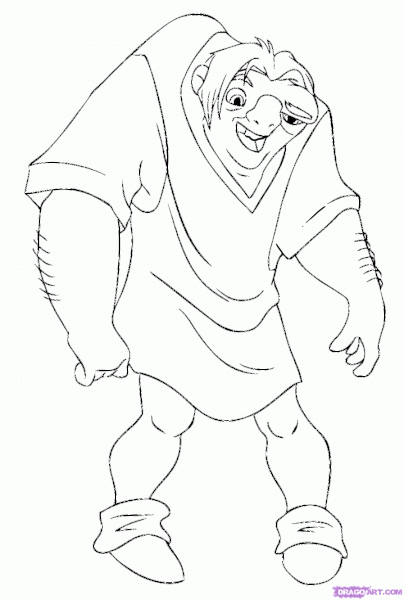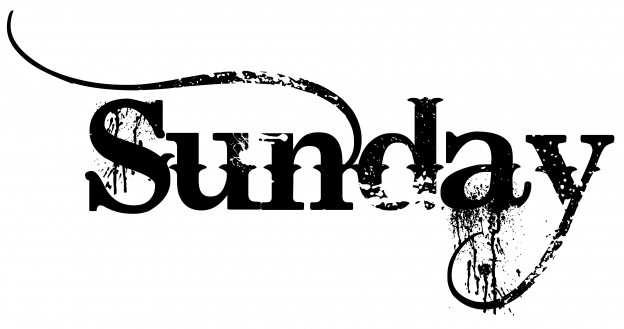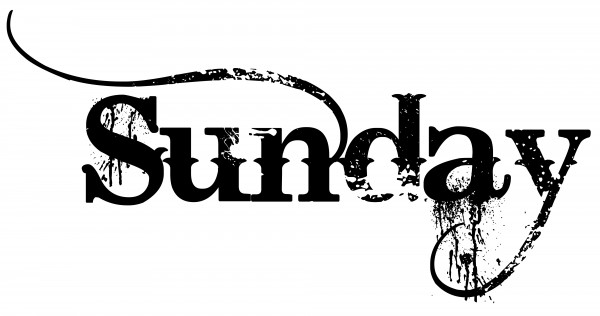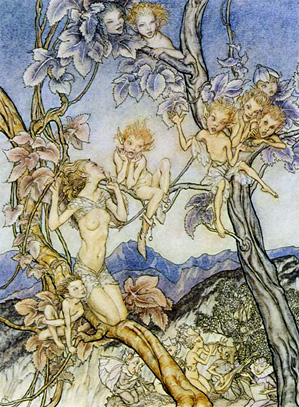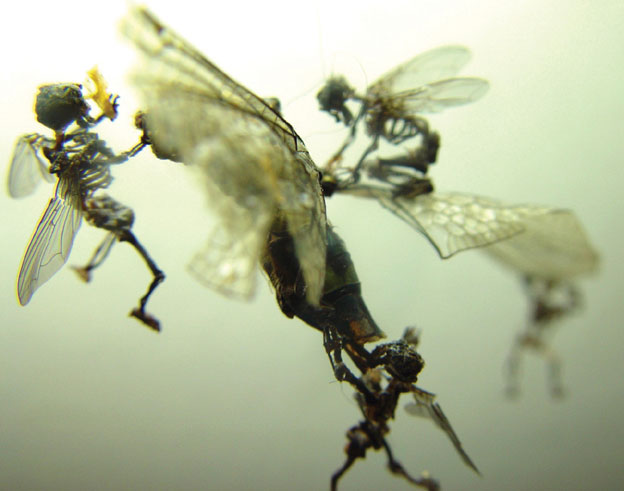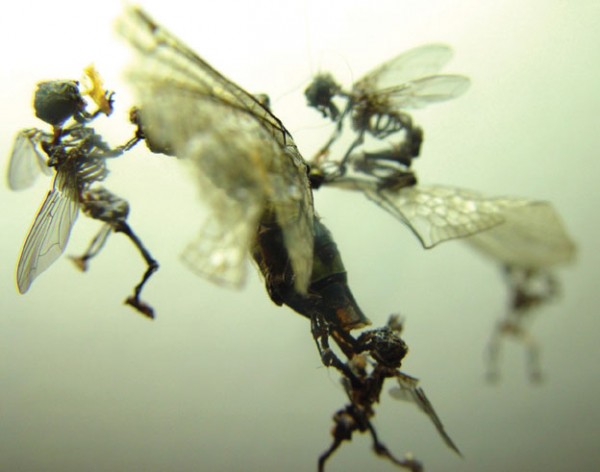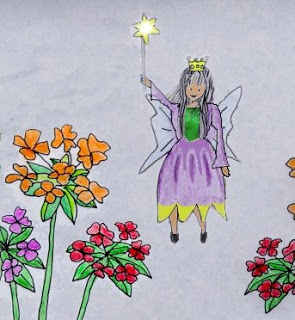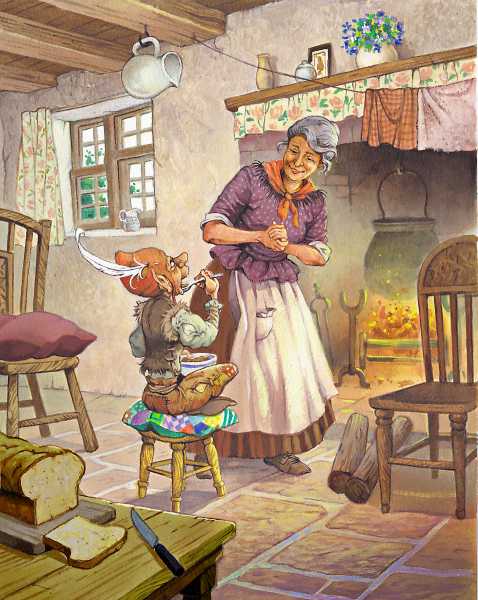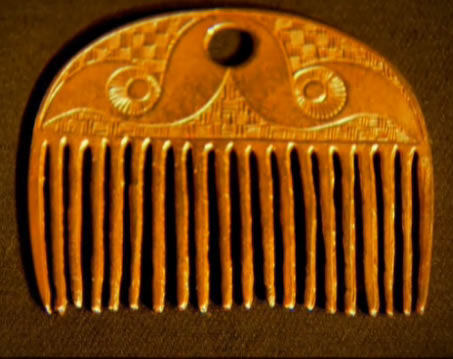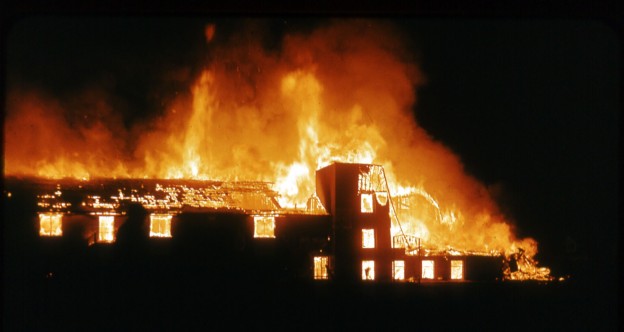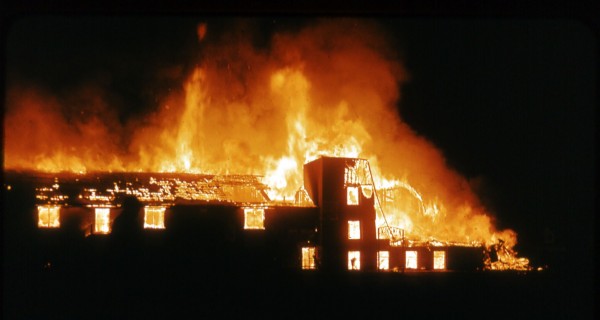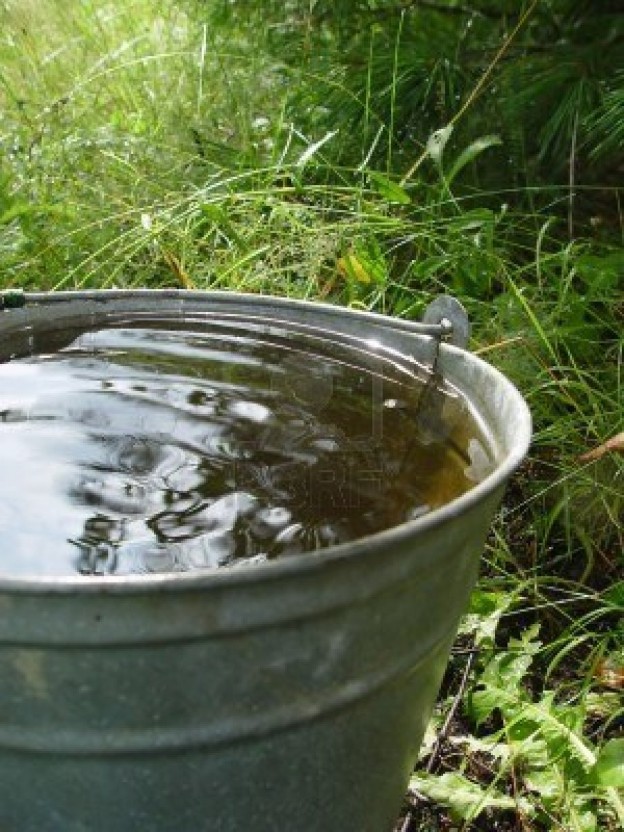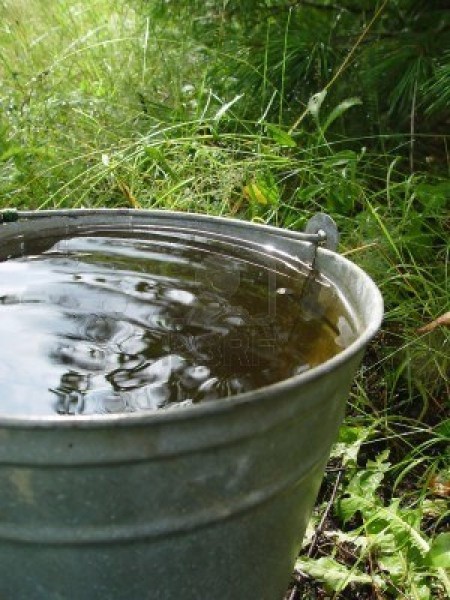A well-known story in most parts of Ulster is that of a dwarf who slept near a fairy-rath and was awakened by the singing of the fairies inside. The song was about the days of the week. It was very monotonous, for they appeared to known only the names for Monday and Tuesday, and they sang these over and over again. The dwarf added another day – and Wednesday – which not only broke the monotony, but improved the tune. The fairies were delighted and as a reward, they removed the dwarf’s hump. There was naturally, great excitement in the district when the dwarf appeared without his hump and told his story. One of his neighbours, a greedy fellow, thought that if he added a bit more to the song he would also be rewarded. So off he went to the fairy rath and, when the fairies sang the new version of the song, he added ‘and Thursday’, which spoiled it. The fairies were very angry, and they put the dwarf’s hump on his back as a punishment. This story was told to me in Randalstown, Ballyclare, Ballyhornan and Gilnahirk. (Foster, Ulster, 77-78)
